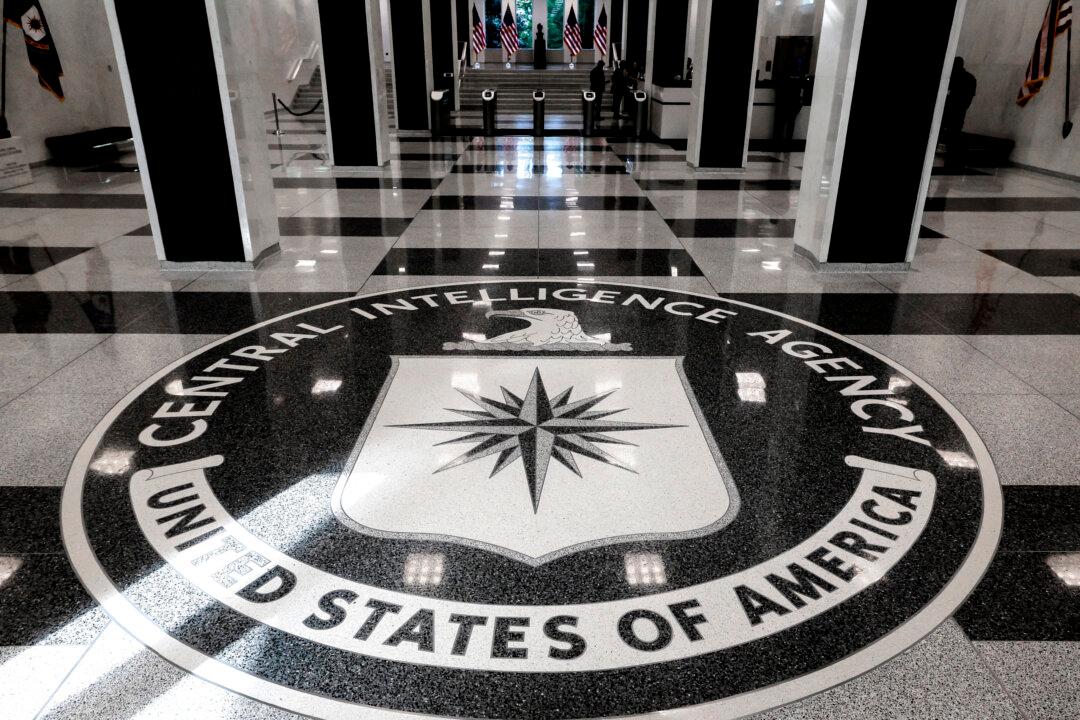CIA Deputy Director Michael Ellis says that China represents an “existential threat” to the United States and that the agency’s top priority is outpacing the Chinese Communist Party (CCP) in a high-stakes technological arms race that spans semiconductors, biotechnology, and artificial intelligence.
“China is the existential threat to American security in a way we really have never confronted before,” Ellis told Axios in an interview published on May 21, adding that a key CIA objective is to help U.S. companies maintain a “decisive technological advantage” to counter the CCP’s malign actions against the homeland.





